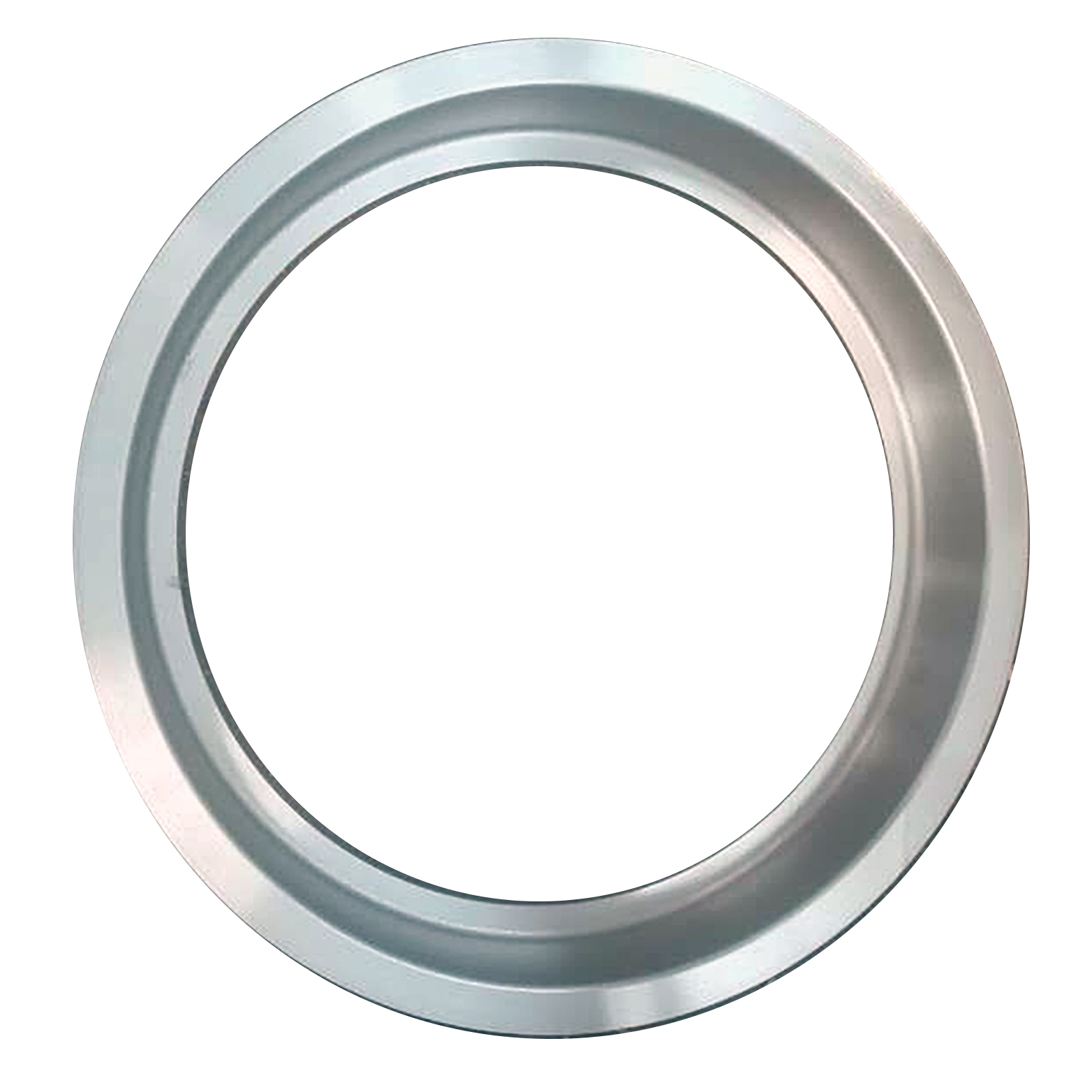- Afrikaans
- Albanian
- Amharic
- Arabic
- Armenian
- Azerbaijani
- Basque
- Belarusian
- Bengali
- Bosnian
- Bulgarian
- Catalan
- Cebuano
- China
- China (Taiwan)
- Corsican
- Croatian
- Czech
- Danish
- Dutch
- English
- Esperanto
- Estonian
- Finnish
- French
- Frisian
- Galician
- Georgian
- German
- Greek
- Gujarati
- Haitian Creole
- hausa
- hawaiian
- Hebrew
- Hindi
- Miao
- Hungarian
- Icelandic
- igbo
- Indonesian
- irish
- Italian
- Japanese
- Javanese
- Kannada
- kazakh
- Khmer
- Rwandese
- Korean
- Kurdish
- Kyrgyz
- Lao
- Latin
- Latvian
- Lithuanian
- Luxembourgish
- Macedonian
- Malgashi
- Malay
- Malayalam
- Maltese
- Maori
- Marathi
- Mongolian
- Myanmar
- Nepali
- Norwegian
- Norwegian
- Occitan
- Pashto
- Persian
- Polish
- Portuguese
- Punjabi
- Romanian
- Russian
- Samoan
- Scottish Gaelic
- Serbian
- Sesotho
- Shona
- Sindhi
- Sinhala
- Slovak
- Slovenian
- Somali
- Spanish
- Sundanese
- Swahili
- Swedish
- Tagalog
- Tajik
- Tamil
- Tatar
- Telugu
- Thai
- Turkish
- Turkmen
- Ukrainian
- Urdu
- Uighur
- Uzbek
- Vietnamese
- Welsh
- Bantu
- Yiddish
- Yoruba
- Zulu
កញ្ញា . 14, 2024 16:43 Back to list
cast iron class
Understanding Cast Iron Classes
Cast iron is a group of iron-carbon alloys that play a significant role in metallurgical applications due to their excellent castability, wear resistance, and ability to absorb vibration. Various classifications exist within the realm of cast iron, each designed to cater to specific requirements of strength, toughness, and machinability. The most common classes of cast iron are gray cast iron, ductile cast iron, white cast iron, malleable cast iron, and special cast iron, each differing in composition and properties.
Understanding Cast Iron Classes
On the other hand, Ductile Cast Iron (also known as spheroidal graphite iron) is known for its remarkable tensile strength and ductility, which are attributed to the presence of spherical graphite nodules. This makes ductile cast iron a preferred material for components that need to absorb shocks and stresses, such as automotive parts, agricultural machinery, and heavy-load carrying structures.
cast iron class

White Cast Iron is distinct due to its crystalline structure, which results from a rapid cooling process during solidification. This class of cast iron is hard and brittle, making it less versatile in applications. However, it can be used for wear-resistant applications such as grinding balls, tiles, and liners.
Malleable Cast Iron has undergone a heat treatment process that transforms the hard, brittle white cast iron into a more ductile form. This treatment allows for better machinability, making it suitable for various components like brackets, levers, and various fixtures in construction.
Lastly, Special Cast Irons comprise a range of alloys developed for specific properties, such as high corrosion resistance or elevated temperature strength. These special formulations expand the versatility of cast iron in modern engineering applications.
In conclusion, the classification of cast iron underscores its diverse applications across industries. Understanding the unique properties of each type helps engineers and manufacturers choose the right material for their specific needs, ensuring optimal performance and longevity in the final product. The evolution of cast iron technology continues to advance, unlocking even more applications and enhancing the capabilities of this timeless material.
-
8mm Thin-Walled Cast Steel Manhole Cover Pallet Bottom Ring | Durable
NewsAug.04,2025
-
Premium Cast Iron Water Main Pipe: Durable, Corrosion-Resistant
NewsAug.03,2025
-
Durable Cast Iron Water Mains | AI-Optimized Systems
NewsAug.02,2025
-
High-Efficiency Propane Boiler for Baseboard Heat | Save Energy
NewsAug.01,2025
-
Premium Source Suppliers for Various Gray Iron Castings
NewsJul.31,2025
-
Durable Cast Iron Water Main Pipes | Long-Lasting
NewsJul.31,2025


